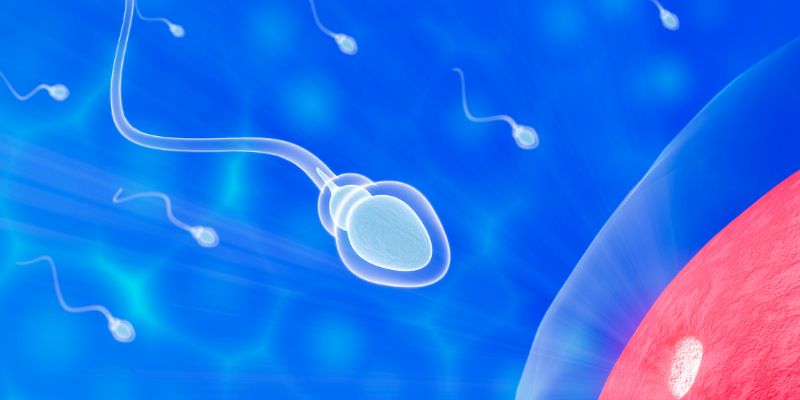Older men with obesity have a lower sperm count compared to men of the same age who are a healthy weight, a study has indicated.
Researchers found that men in their sixties showed a “very limited” ability to make sperm, while their slimmer counterparts were found to only have ‘weak’ reductions compared to younger men.
The team from Utah University studied eight men aged from 60 to 72, and four men in their early twenties.
While scientists have not indicated why men with obesity have a lower sperm count, previous research has pointed to lower testosterone levels or warmer testicles.
European, American and Australia studies have shown that sperm counts have been falling since the 1970s, while in America, around two in five people are classed as obese.
Falling sperm rates have yet to be fully explained, but scientists have said that poor diets, pollution and bigger waistlines could play a role.
Study lead Dr Bradley Cairns, Chair of the Department of Oncological Sciences at Utah University, said: “Pronounced dysregulation [is] caused when aging is combined with additional factors such as obesity.
“Aging may confer a combination of modest molecular changes that sensitise the testis for additional dysregulation.”
The team said they couldn’t pinpoint whether the drop in sperm count in older men with obesity was unique or due to accelerated aging.
They also said that larger studies need to be conducted to confirm the findings.
The study has been printed in the journal Developmental Cell.








